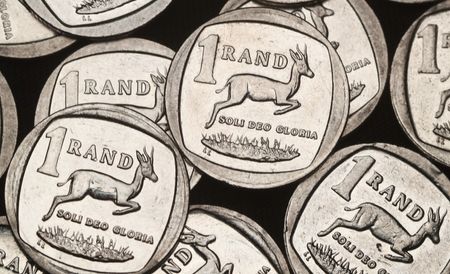By Cooper Inveen
ACCRA (Reuters) – Ghana’s economic growth slowed to 2.9% year-on-year in the third quarter this year compared with 6.6% in the same period last year, the statistics service said on Wednesday, its worst performance since the first quarter of 2021.
Growth has slowed since a post-COVID pandemic recovery in 2021 as Ghana has grappled with runaway inflation, a depreciating local currency and spiralling debt.
The West African country, experiencing its worst economic crisis in a generation, defaulted on most of its external debt on Monday.
The economic woes have been a central theme of street protests this year. In a bid to stabilise the economy, the government has negotiated a $3-billion staff-level agreement with the International Monetary Fund (IMF). Its approval is conditional on comprehensive debt restructuring.
Government statistician Samuel Kobina Annim said the third quarter growth figure was the lowest since the economy expanded 3.1% in the first quarter of 2021.
“This is the least we’ve grown since the economy began to bounce back from the COVID-19 pandemic,” Annim told reporters.
This year’s third quarter growth was underpinned by the agricultural sector, where most growth came from fishing.
Industry saw the lowest growth, with its manufacturing sub-sector shrinking by 7.4% but mining expanding by 14.9%.
Ghana revised growth for the first quarter of this year to 3% and to 4.7% for the second quarter, down from 3.3% and 4.8% respectively, Annim added.
Finance Minister Ken Ofori-Atta said during his budget speech last month that growth was expected to slow to 3.7% in 2022 – compared with 5.4% in 2021 – and hit 2.8% in 2023.
The government of the gold- and cocoa-producing nation has been unable to redress the economy despite aggressive spending cuts and several increases in central bank interest rates.
It has already announced a domestic debt exchange programme and said that external restructuring was being negotiated with creditors.
The cedi had lost almost 59% of its value against the dollar this year but rebounded significantly in the wake of debt restructuring announcements this month.
(Reporting by Cooper Inveen and Christian Akorlie; Writing by Sofia Christensen; Editing by James Macharia Chege and Mark Potter)











